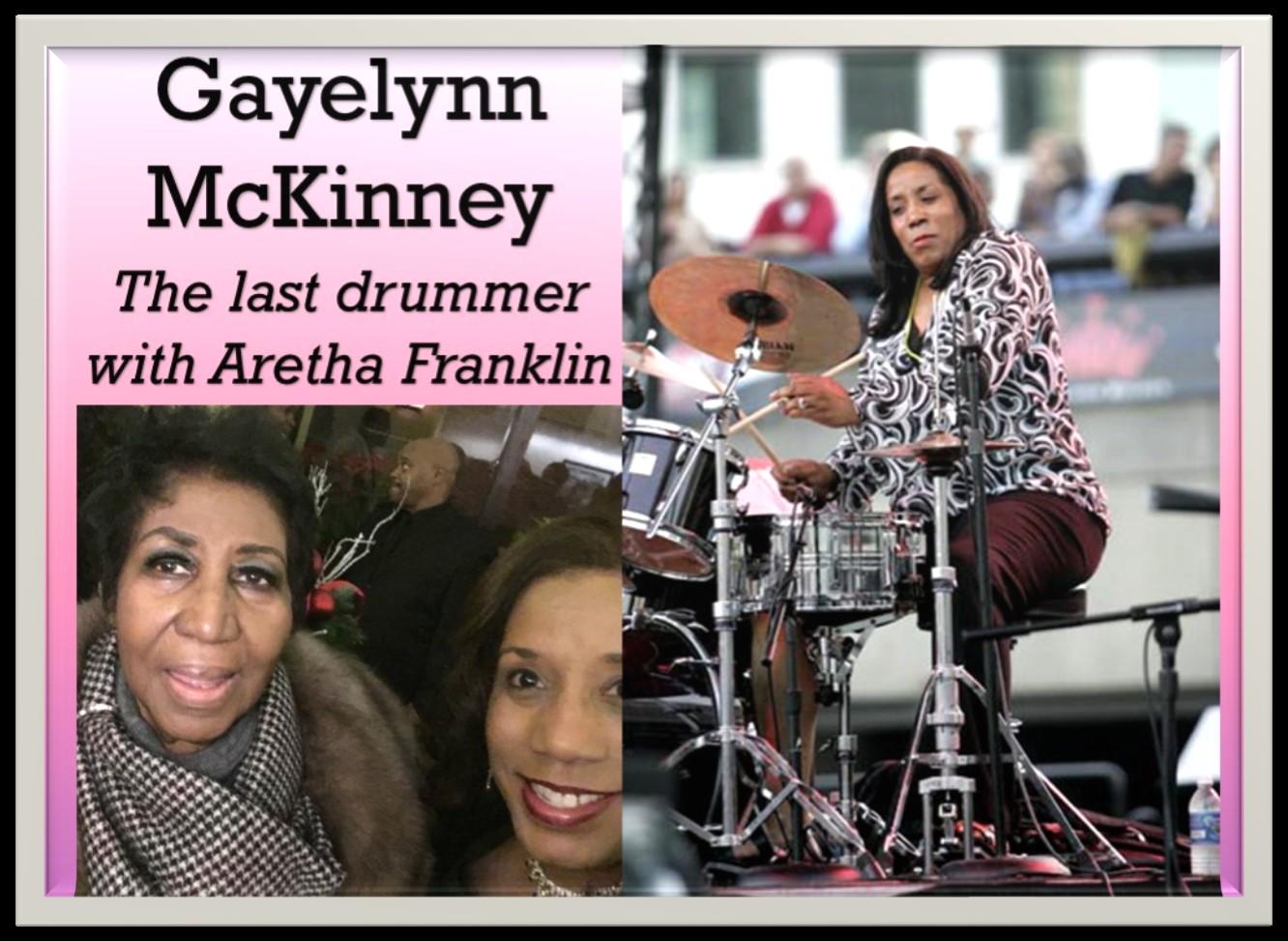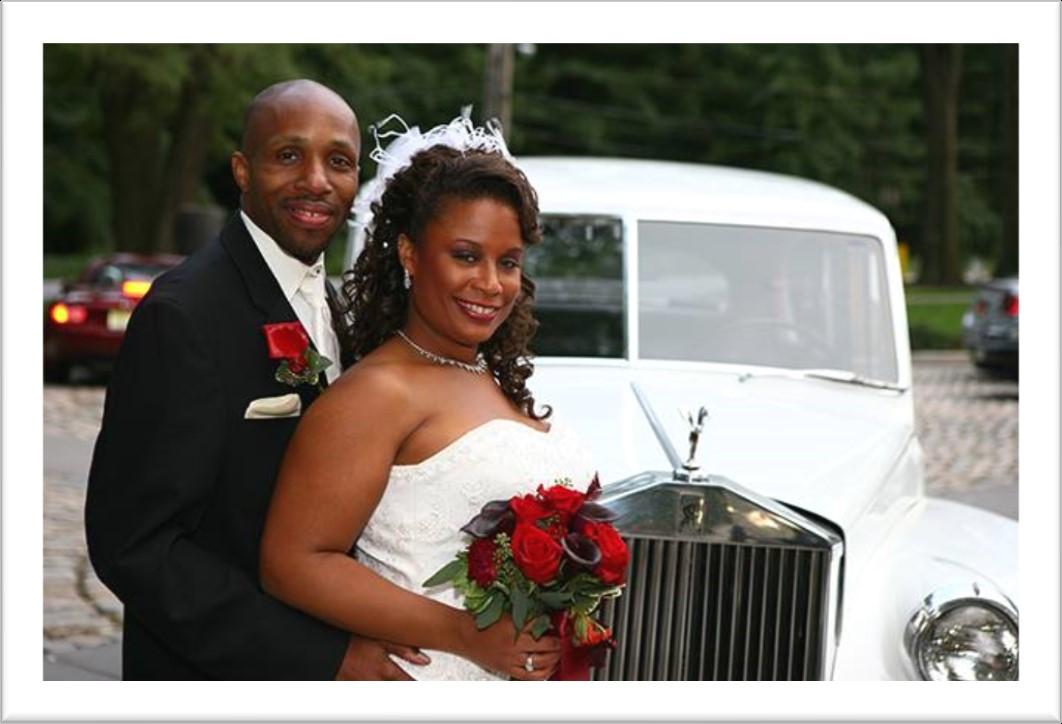
5 minute read
Musicwoman Magazine 2019
Interview with Carmen Bradford Atlanta, GA
By Dr. Joan Cartwright
DrJC: Good afternoon, Carmen. Would you please share with us how you came to music as a child?
CB: Goodafternoon, Joan.Well, Icameto music, I was raised in a home full of music, full of jazz by some incredible musicians. My mother jazz vocalist Melba Joyce and my father jazz trumpeter Bobby Bradforth. Music was played throughout my whole childhood.
DrJC: Where are some of the places that you have toured with the Count Basie Orchestra?
CB: Oh, my goodness, that question should be where haven't you toured. All of Europe, Southeast Asia, we've just been around the world together. There are just too many cities and too many countries to try and remember them all but there have been many countries.
DrJC: You just returned from Singapore.
CB: Yes, but that was not with the Basie Band. I was performing with the Jazz AssociationofSingapore.That'sabigband.
DrJC: I see. How many gigs do you do a year with the Basie Band?
CB: I would say 15 or 20.
DrJC: Do you have your own charts, or do you use their charts?
CB: They don't have charts for singers. The singers that they hire have their own big band charts. Nobodycomes to the Basie Band waiting to be given or told what to sing. This is a professional orchestra and you have to come fully loaded with some serious charts.

DrJC: Who does your charts?
CB: It just depends. I have charts by John Clayton, Thad Jones, Chico Farrell, and, of course, Frank Foster. David Springfield is just exquisite and has just written me a beautiful arrangement of We’ll Love Again that tune made famous by Doris Day from the Hitchcock film The Man That Knew Too Much. It is absolutely gorgeous. I'm so excited about it. And, also, Chris Johnson,
a trumpet player in the Basie Band. He's a wonderful arranger.
DrJC: That's terrific! Now, tell us about this new CD that you just recorded with the Basie Band.
CB: The 2019 Grammy-Nominated Album titled All About That Basie available on Amazon. It's a tribute album and it features some incredible artists. I'm on the album paying tribute to Ella Fitzgerald, singing Honeysuckle Rose. Kurt Ellington pays tribute to Frank Sinatra, performing Don't Worry About Me. Take Six pays tribute to Joe Williams with Everyday I Have The Blues. Joey DeFrancesco, Jon Faddis, and Wycliff Gordon are on the album with Jamie Davis on vocals.
It's a project that I'm really proud of paying tribute to Ella with that song. I'm hoping that she's looking down and listening.
DrJC: So, this is a compilation CD. Was it alldonein thesamestudio,justbringingthe featured guest in?
CB: It was done at Capitol Records in Hollywood and we all came in one-by-one. Stevie Wonder is on harmonica on My Cherie Amour. He's not singing.
DrJC: Who was the musical director?
CB: Scott Barnhardt is the director of the Count Basie Orchestra. He co-produced with Gregg Field.
DrJC: I understand that the CD is up for a Grammy. What would that mean for you?
CB: Iwould hopethat it would meanmore employment. That's what most musicians are thinking about that it would bring a lot more employment, exposure, and opportunity. To be recognized in the world where you've not been able to break that door down. You can do that with a Grammy.
DrJC: Well, Carmen, a talent of your caliber should never be wanting for more opportunity.So,what are youfeelinginthat area or experiencing as far as not enough recognition, not enough work, what are you experiencing?
CB: Well, it's true what you said. A lot of people are not acknowledged for the work they do. I've known you a long time and we have a personal relationship. So, you are looking at that with different eyes. There are plenty of people that are not getting the exposure that they deserve. That's just the business. I would hope that people just continue, and they love what they're doing. But it's just not easy and it doesn't matter that we think I should be getting more exposure. It just doesn't work like that.
Of course, things probably would be different if I didn't represent myself. I've had management and I've been booking my own dates for so long that I think that getting an agent or manager just wouldn't suit me. That situation would have to be so perfect and I'd have to be so compatible with a person. The idea of having to call someone at this stage of my life to see if they booked any dates for me. That really would be a concern for me. I don't want to have to call someone to find out what they are doing with my life. The idea of that really bothers me.
Fortunately, at this stage of my life, people call me. There are wonderful concert dates, symphonydates.But Iwanttodomorethan that.
DrJC: What do you want to do?
CB: I'd like to do some movie soundtracks. And, one in particular, but I'm not willing to say. Sometimes, I think it's important to not speak on things but visualize and pray on things before I speak about it. This was a big one I wanted forever. I don't know if I've prayed on it long enough. But I'd love to continue doing







